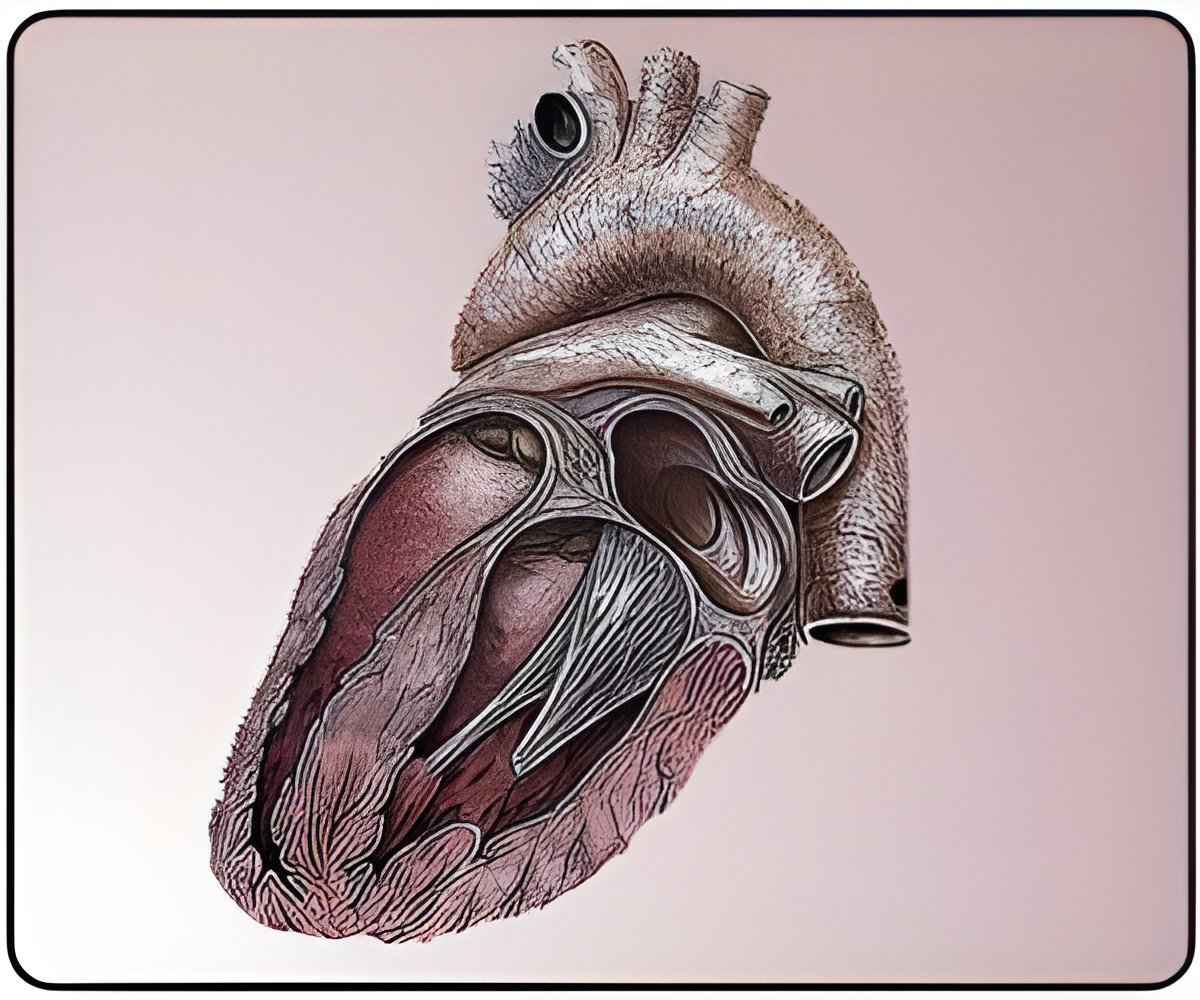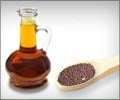End-stage heart failure patients who receive a surgically implanted left ventricular assist device (LVAD) heart pump may also benefit from a single dose.

Allogeneic mesenchymal precursor cells (MPCs), are a subpopulation of adult mesenchymal stem cells, which when harvested from a healthy donor's bone marrow can be selected and expanded in the laboratory into hundreds of millions of MPCs.
At the American Heart Association Scientific Sessions 2013 on November 18, Icahn School of Medicine at Mount Sinai's research team presented the new findings for this novel, first-ever randomized, double-blinded multicenter trial assessing the safety and efficacy of injecting a single dose of 25 million MPCs directly into the heart muscle of advanced heart failure patients receiving an LVAD for either bridge-to-transplant or as a destination therapy.
Study results show one dose of the MPC therapy may contribute to improved heart muscle recovery in advanced heart failure patients who received an LVAD. In their study, researchers reported that 50 percent of patients who received MPCs were able to tolerate temporarily turning down their LVAD heart pump, compared to 20 percent of the placebo patients. In addition, no patients developed serious side effects that may be associated with the stem cell injections.
"These clinical trial results provide important data about the safety and potential efficacy of a single MPC injection at the time of LVAD implantation," says the study's lead author Deborah D. Ascheim, MD, Associate Professor of Health Evidence and Policy and Cardiology at Icahn School of Medicine at Mount Sinai, who serves as Co-Director of the Data and Clinical Coordinating Center based at Mount Sinai for the NIH-sponsored Cardiothoracic Surgical Trials Network (CTSN) who conducted the clinical trial study.
"These mesenchymal precursor cells have shown their potential to safely facilitate early heart tissue repair in advanced heart failure. We look forward to investigating the benefits of this cell therapy further," says Dr. Ascheim.
Advertisement
The CTSN has eight core clinical centers across the country. It's Data and Clinical Coordinating Center, based at Icahn School of Medicine at Mount Sinai, leads each of its clinical trial's design, methodologies, ethical research concerns, study data, analysis, and data reporting.
Advertisement
Source-Eurekalert












